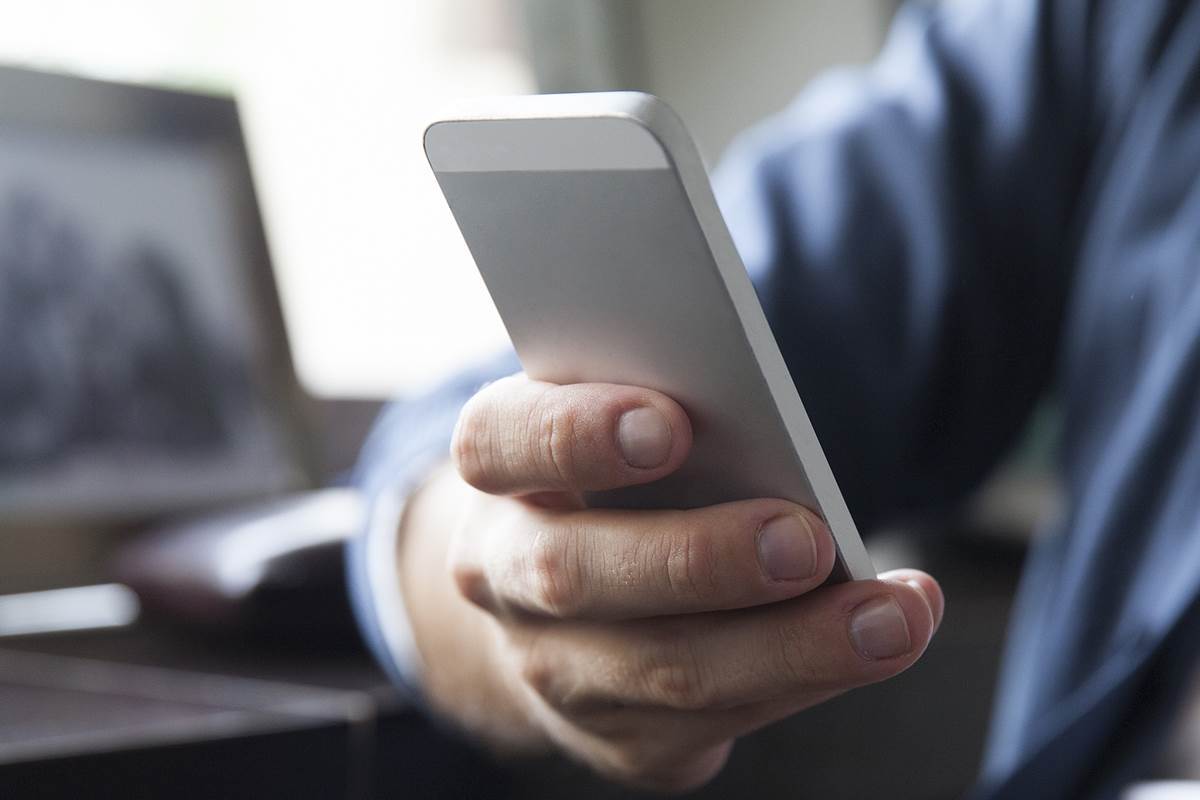
LONDON — Digital technology puts a world of information at our fingertips, but it also allows bosses to reach into their workers’ personal time with unprecedented ease.
This blurring of the boundaries between work and personal time has generated a new industry around “digital mindfulness” — and now at least one country has changed the law to protect employees.
France is days into a new “right to disconnect” law that requires companies with 50 or more workers to draw up a charter enshrining their employees’ right to disconnect from digital communication outside of regular business hours.
With its legally-mandated 35-hour work week, France is famous for having one of the most regulated labor markets in the developed world. So is the new email law a case of bureaucratic overreach, or step toward reclaiming weekends and vacations for stressed earners?
‘Digital Detox’
Some European companies have introduced restrictions on use of email outside of business hours.
Automaker Volkswagen prevents its email servers from delivering messages to employees in Germany when they are off-shift or on vacation. Others, including automakers Daimler and BMW, insurance giant Allianz-France, telecoms firm Orange and IT giant Atos also have restrictions on employees’ use of email.
“People going to work ill — so they’re present at work, but they’re not delivering any added value”
London-based online marketing agency, Reboot Online, takes a similar approach. Managing Director Shai Aharony instituted an after-hours email ban following a vacation that was constantly interrupted by email. However, the blanket ban didn’t last long.
“That wasn’t practical. So we relaxed the rules slightly and we put in this policy which encourages people to not send email, or to ask themselves the question whether this email that they’re about to send out of working hours is actually urgent enough to be sent out, and that works perfectly,” he told NBC News.
Other companies are experimenting with other measures. Every Wednesday morning, Virgin StartUp has a two-hour “digital detox” during which email servers are turned off and employees are encouraged to chat face-to-face.
“It definitely makes my week better,” Mike Ruffles, the company’s digital and social media manager, told NBC News. “It’s nice to have that break and think that we don’t have to drop whatever we’re doing to respond to an email. We’re encouraged to focus on projects and manage our own time, as adults.”
Stress and Anxiety
Aside from well-being, experts say that employers should consider the effects digital exhaustion can have on workers’ productivity, which could impact the bottom line.
Cary Cooper, a professor of psychology and health at Britain’s University of Manchester, told NBC News that per capita productivity in the U.K. is poor “because we have the longest working hours in Europe but also because we are probably the biggest users in Europe of communications and information technologies, particularly emails.”
He added: “The leading cause in almost all developed countries of workplace absence is disorders like stress, anxiety and depression. It used to be musculoskeletal — backache and things like that. It’s also the leading cause of presenteeism — people going to work ill — so they’re present at work, but they’re not delivering any added value.”
Employers have in many cases been slow to address the problem of digital burnout. Cooper said he asked major employers in his National Forum for Health and Wellbeing in the Workplace what guidance they gave employees on avoiding digital overload, and discovered that they gave very little.
Digital Manners
“Myself, I don’t think that [the French law] is the way to go,” Cooper told NBC News. “I think the thing to do is to actively have guidance by employers on the things that you shouldn’t do, particularly as a manager.”
Reboot Online’s Aharony also thinks the French law is “a step too far.”
He added: “Small businesses are going through a rough patch at the moment, and I don’t think legislating these types of restrictions is productive or helpful to those businesses.”
So what is the solution? With digital overload becoming an increasingly important health and safety issue, private companies are stepping in to try and fill the gap.
“We need to learn digital manners,” said Orianna Fielding, founder of The Digital Detox Company which runs retreats and courses for firms looking to help their employees manage their digital lives in a healthier way.
“I think I would like to see acceptance and an awareness of how digital overload is negatively impacting the modern workplace, and finding solutions. I think we need to have digital wellness programs in every company, and I think every company needs a head of email,” she added.
With or without the imposition of a law governing email usage, the working habits of millions of people will be very difficult to change. When NBC News reached out to one source to discuss his company’s no-email-out-of-hours policy, he replied — by email, from his poolside vacation.







